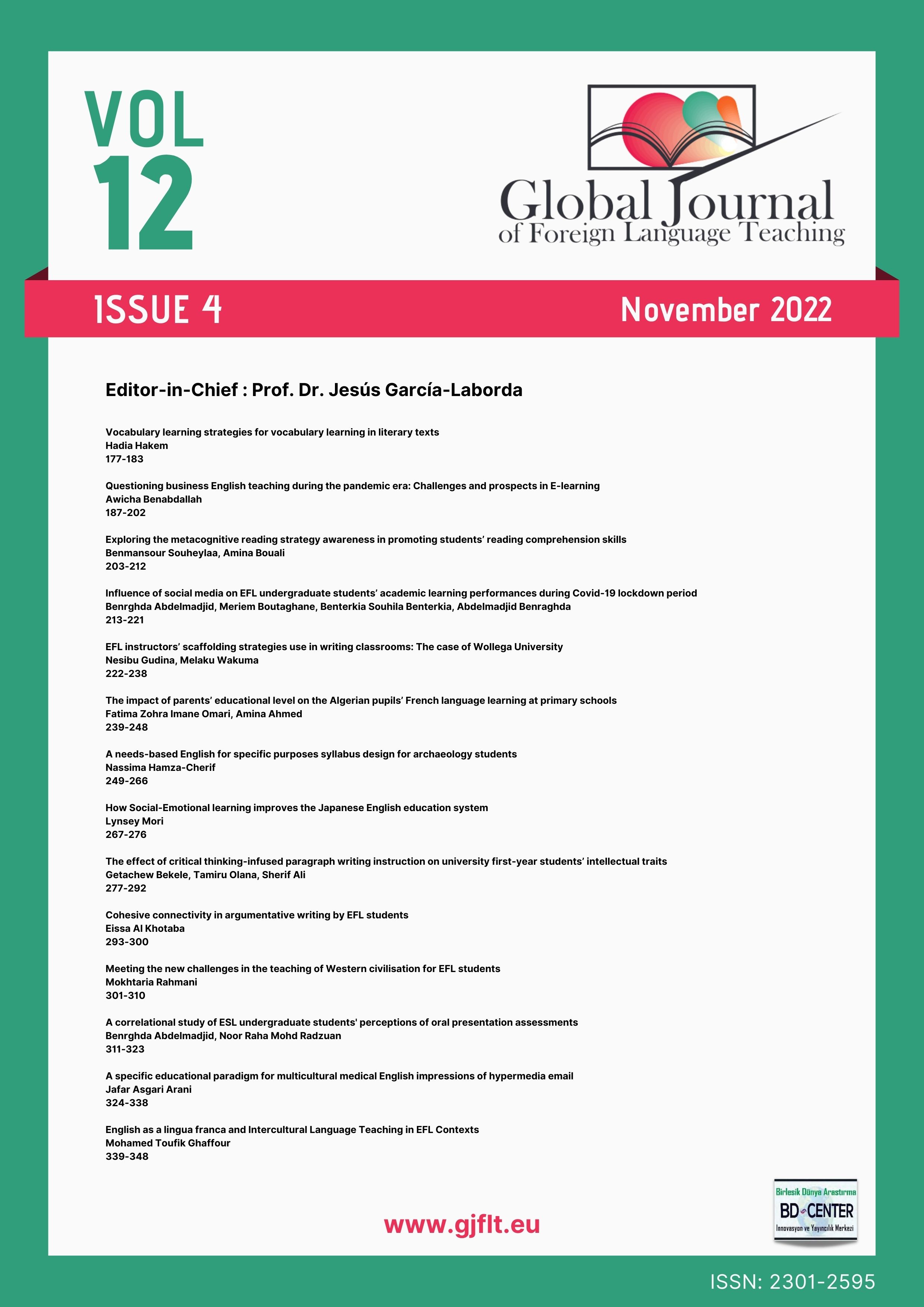The effect of critical thinking-infused paragraph writing instruction on university first-year students’ intellectual traits
Main Article Content
Abstract
The purpose of this study was to investigate the effect of critical thinking-infused paragraph writing instruction on enhancing university first-year L2 students’ intellectual traits. The study involved two randomly selected first-year Social Science stream classes. The researchers employed the embedded design in the study because they mainly used quantitative data augmented by qualitative data. The researchers analyzed the questionnaire data and the interview data using the one-way between groups ANCOVA and thematic analysis method respectively. The finding of the questionnaire data analysis indicated that participants in the treatment group were better in their intellectual traits scores. The result of the interview data analysis also revealed that participants in the treatment group had a better interest in using elements of thought and intellectual traits after the intervention. Hence, integrating critical thinking instruction into APW lessons needs to be considered among all stakeholders to enhance university first-year EFL students’ intellectual traits.
Keywords: Argumentative paragraph; critical thinking; instruction; intellectual traits; university first-year students.
Downloads
Article Details

This work is licensed under a Creative Commons Attribution-NonCommercial-NoDerivatives 4.0 International License.
Authors who publish with this journal agree to the following terms:- Authors retain copyright and grant the journal right of first publication with the work simultaneously licensed under a Creative Commons Attribution License that allows others to share the work with an acknowledgement of the work's authorship and initial publication in this journal.
- Authors are able to enter into separate, additional contractual arrangements for the non-exclusive distribution of the journal's published version of the work (e.g., post it to an institutional repository or publish it in a book), with an acknowledgement of its initial publication in this journal.
- Authors are permitted and encouraged to post their work online (e.g., in institutional repositories or on their website) prior to and during the submission process, as it can lead to productive exchanges, as well as earlier and greater citation of published work (SeeThe Effect of Open Access).
